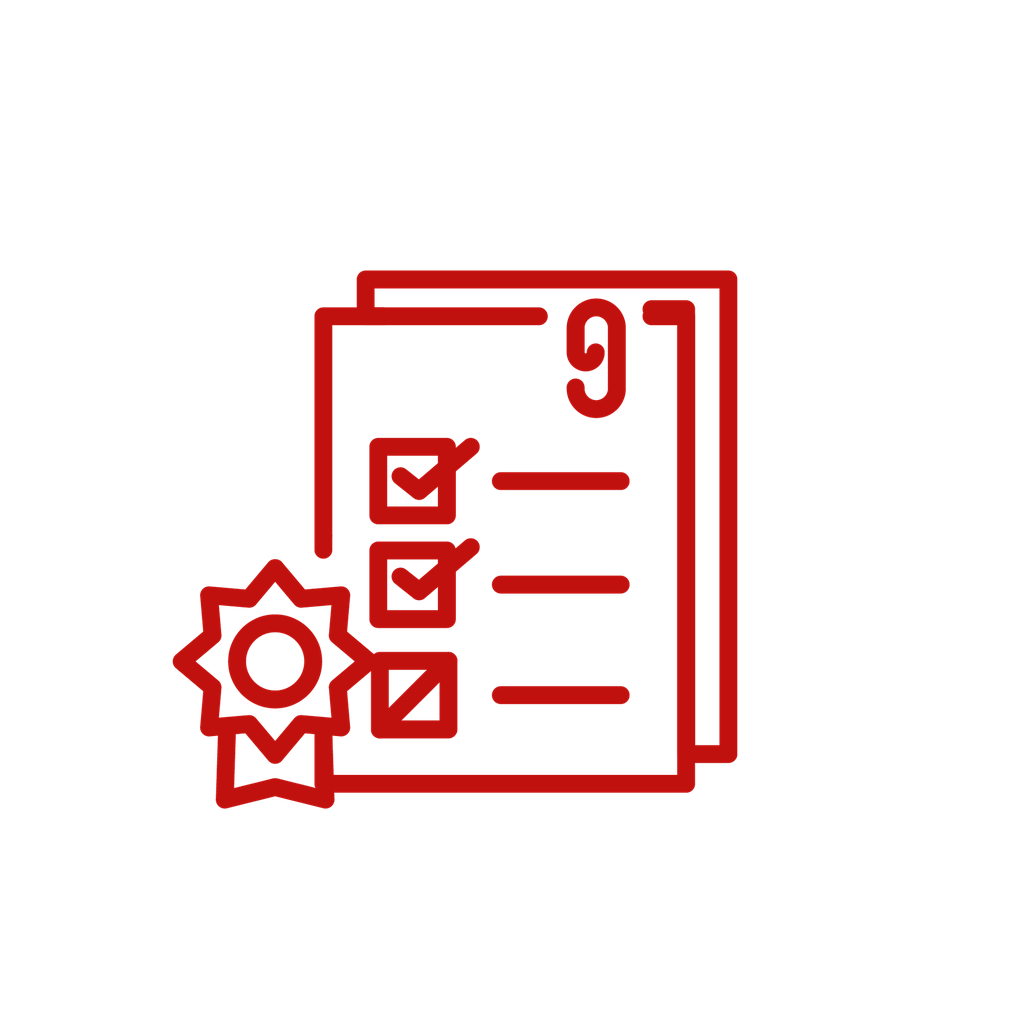
Real State & Mortgage
Real estate and mortgages are interconnected aspects of the housing market. Real estate involves the ownership, purchase, and sale of properties, while mortgages are financial instruments used to finance real estate transactions.
Here's an overview of key considerations related to real estate and mortgages:
Real Estate:
Types of Real Estate:
• Residential: Single-family homes, condominiums, apartments.
• Commercial: Office buildings, retail spaces, industrial properties.
• Land: Vacant land for development or investment.
Real Estate Transactions:
• Buyer's Market vs. Seller's Market: Markets fluctuate between favoring buyers (more inventory, lower prices) and sellers (less inventory, higher prices).
• Real Estate Agents: Real estate agents assist in buying or selling properties, providing market insights and facilitating transactions.
• Home Inspections: Before purchasing, buyers often conduct home inspections to assess a property's condition.
Property Ownership:
• Title and Deed: The title is the legal right to ownership, while a deed is the legal document transferring ownership.
• Property Taxes: Owners pay property taxes based on the assessed value of the property.
Real Estate Investments:
• Rental Properties: Owning and renting out properties for rental income.
• Real Estate Investment Trusts (REITs): Investing in publicly traded companies that own, operate, or finance income-generating real estate.
Mortgages:
What is a Mortgage:
• A mortgage is a loan used to purchase real estate. The property itself serves as collateral for the loan.
Mortgage Process:
• Pre-Approval: Before house hunting, buyers can seek mortgage pre-approval to determine their budget.
• Down Payment: Buyers typically make a down payment (a percentage of the home's purchase price).
• Interest Rates: Interest rates on mortgages can be fixed (remain constant) or variable (adjust over time).
Types of Mortgages:
• Conventional Mortgages: Offered by private lenders without government backing.
• FHA Loans (Federal Housing Administration): Insured by the government, often requiring lower down payments.
• VA Loans (Department of Veterans Affairs): Available to eligible veterans and active-duty military members.
Amortization:
• Mortgages are usually amortized, meaning borrowers make regular payments that include both principal and interest.
Refinancing:
• Homeowners may refinance their mortgages to secure a lower interest rate, change the loan term, or access equity.
Foreclosure:
• Failure to repay a mortgage may lead to foreclosure, where the lender takes possession of the property.
Private Mortgage Insurance (PMI):
• Borrowers who make a smaller down payment may need PMI until they build sufficient equity.
Considerations:
Market Conditions:
• Real estate and mortgage decisions are influenced by market conditions, interest rates, and economic factors.
Budget and Affordability:
• Buyers should consider their financial situation, budget, and long-term affordability when purchasing a property.
Legal and Regulatory Aspects:
• Real estate transactions and mortgages involve legal contracts and compliance with local regulations.
Insurance:
• Homeowners need property insurance, and mortgage lenders often require homeowners insurance and may require flood insurance in certain areas.
Home Equity:
• As mortgage payments are made, homeowners build equity, which is the value of the property minus the remaining mortgage balance.
Market Trends:
• Staying informed about real estate market trends and mortgage rate movements is crucial for making informed decisions.